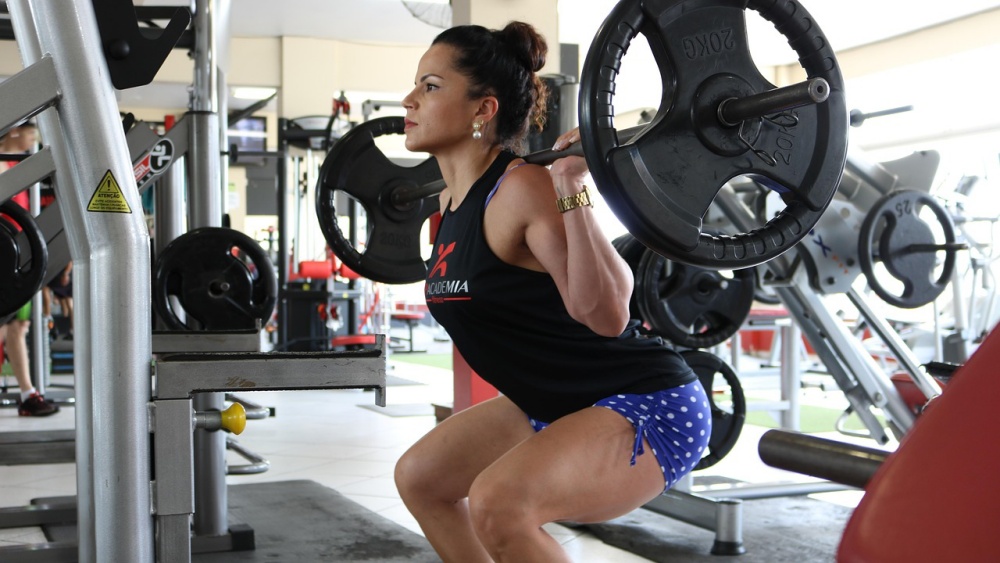Nutrient timing is a science field that strategically schedules when and what to eat during various periods throughout the day to optimize athletic performance when working out, speed up recovery, and optimize general health.
Nutrition plays a crucial role in a fighter’s performance. It determines how much energy they have to power through their training sessions and how well they perform at competitions. The idea behind nutrient timing is that the body’s needs vary constantly depending on the type of physical activity you’re engaged in and the time of the day.
The primary goals of nutrition timing are to:
- Optimize energy levels by ensuring the body has enough energy to perform optimally.
- Improve performance by consuming nutrients that help with endurance.
- Accelerate the recovery process after workouts.
This article will explore how fighters of all skill levels, from beginners to professional fighters, benefit from nutrient timing.
Understanding How Nutrient Timing Works
Nutrient timing is the strategic planning of your nutrient intake regarding the types of foods you consume and when you eat them to optimize your health, athletic performance, and well-being. It has gained considerable attention in the past several years due to its positive impact on energy levels, muscle growth, recovery, and metabolism.
Understanding how nutrition timing works helps fighters and other athletes make informed dietary choices that improve their quality of life and support their goals.
Nutrition timing involves three main factors: meal timing, nutrient composition, and portion size. Optimizing these three areas of your nutrition ensures that your body gets the proper nutrients when it needs them to promote peak athletic performance. Let’s take a closer look at these distinct areas of nutrition timing:
- Meal Timing: What time of the day you consume your nutrients plays a critical role in regulating your energy expenditure, blood sugar levels, and metabolism. For example, eating a balanced breakfast an hour after getting up in the morning helps to jump-start your metabolism and provide sustained energy throughout the day.
- Nutrition: The nutrients in each of your meals influence various physiological processes. For example, eating carbohydrates before exercise can help replenish glycogen stores and improve performance. Consuming protein post-exercise helps with muscle repair and growth. Balancing your macronutrients like carbs, proteins, and fats helps to deliver a steady supply of energy while speeding up the recovery process after each workout.
- Portion Size: Portion sizes should vary for each meal, and they should be tailored to your individual needs, activity levels, and goals. Overeating could lead to weight gain, while undereating can lead to nutritional deficiencies and reduced athletic performance. It’s crucial to find the right balance to consume the right amounts of the correct type of calories.
Nutrition Timing For Your Different Goals
The optimal nutrition for fighters varies depending on their goals, like weight loss, muscle building, or improved athletic performance. How a fighter approaches their nutrition should vary based on their specific needs.
1) Weight Management
Fighters often have to cut weight for their competitions since competitors are typically broken down by weight classes. This means their nutritional needs vary depending on what stage of their training camp they’re in.
Fighters often need to consume more calories at the start of their training camps, but they cut down on the calories in the weeks before their matches.
Spreading meals evenly throughout the day and focusing on nutrient-dense foods is often the best approach to cutting weight. Giving the body a frequent infusion of calories helps regulate hunger hormones, which helps avoid overeating during this crucial period. Fighters should increase their protein intake when they start cutting weight to minimize muscle loss as they lose weight.
2) Athletic Performance
Strategic nutrition timing gives fighters more energy for their workouts while speeding up recovery. Consuming carbohydrates before workouts provides the body with immediate energy, while post-workout meals rich in protein and carbohydrates help with glycogen replenishment and muscle repair.
Nutrition timing is just as crucial for increasing muscle growth and recovery between workouts. Consuming protein-rich meals every three to four hours is often considered the optimal approach to increasing muscle mass since it helps keep the body in an anabolic state, promoting the growth of new muscle tissues when combined with resistance training.
Some healthy protein sources include eggs, lean meats, dairy products, and plants like legumes.
4) Health Maintenance
Nutrition timing can also help to improve your overall health and well-being. Little things like adopting consistent meal patterns, avoiding excessive amounts of sugar, prioritizing whole foods, and limiting processed foods are fundamental nutrition timing principles that also help improve your overall health.
A healthy diet should include colorful fruits and vegetables, healthy fats, and lean protein.
Practical Tips To Get The Most Out Of Nutrition Timing
Some of the simple things fighters can do to get the most out of their nutrition plans include:
- Create A Meal Plan: Plan your meals and snacks to ensure they align with your nutritional needs. Making your meals at home gives you more control over the ingredients used and portion sizes, so try to keep eating out to a minimum.
- Prioritize Protein Intake: Aim to add at least one source of protein to each of your meals to support muscle repair and maintenance. Adding protein to all of your meals also leaves you feeling fuller. Some examples of protein include tofu, legumes, eggs, fish, and meats.
- Time Your Carbohydrate Intake Wisely: Carbohydrates are one of the essential macronutrients your body needs to perform optimally, but too much of it can lead to weight gain. Aim to consume carbs before and after workouts to fuel your training sessions and replenish your glycogen stores. Complex carbs like fruits, vegetables, and whole grains are the best sources of sustained energy.
- Don’t Be Scared Of Healthy Fats: Fatty foods have been linked to many health issues, like heart disease, in the past few decades, but fats are also an essential nutrient that supports nutrient absorption, hormone production, and heart health. An optimal diet for fighters should contain healthy fats like olive oil, seeds, nuts, and avocados.
- Drink Lots Of Water: Water doesn’t provide any nutritional value, but it’s still one of the macronutrients your body needs. Aim to drink at least eight cups of water daily to keep your body well hydrated. Don’t wait until you’re thirsty before drinking water.
The Things You Eat Affect How You Feel And Perform
Proper nutrition is one of the cornerstones of getting into peak shape for prime performance.
You may also like:

















